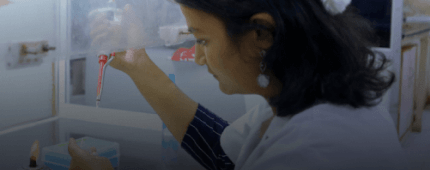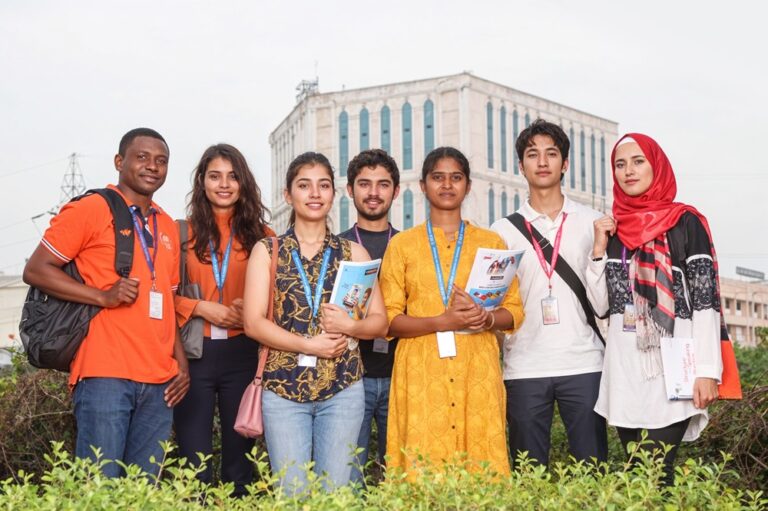Continuing Pharmacy Education
The Department of Pharmacology actively engages in conducting Continuing Pharmacy Education (CPE) program annually and Journal club meetings every month to update current research in Pharmacology. These programs mainly focus on alternatives to animal models and recent research trends. Eminent personalities are invited to deliver their expertise to students on in silico screening, cell culture techniques and in vivo studies on zebra fish models, C.elegans, brine shrimp, and chick models.
Our department staff and students are enthusiastic researchers as well as academicians and are involved in attending Poster/Oral presentations at National and International conferences. To enrich their knowledge of research, they attend Conferences, Workshops, Seminars, and Faculty Development Programs. To their credit, they also receive awards and honors from other Universities and International societies.
Our UG and Pharm D students are swotting simulation software and in situ studies in practical Pharmacology and also preparing models for the systems they study and display in the Pharmacology museum.
Our department staff has published more than 80 research papers in both Scopus and Sci Indexed National and International Journals and received Seed money for research from SRMIST Vice Chancellor’s fund.
Animal House
Our Animal House Facility is registered with the Committee for the Purpose of Control and Supervision of Experiments on Animals (CPCSEA), Govt. of India, Ministry of Environment, Forest & Climate Change, Animal Welfare Division, New Delhi, vide Registration No:662/PO/Re/S/02/CPCSEA and has an established Institutional Animal Ethics Committee (IAEC) that advises the students, faculty/researchers on facilities, policies, and practices concerning the care and use of animals.
Our Animal House is a conventional type with each species housed in individual rooms, in which the temperature, humidity, and dark and light cycles are monitored. Qualified veterinarians and technical personnel are always at hand to help carry out research.
Our animal house abodes small animals like Rats, Mice, Rabbits, and Guinea pigs. Each species of animal is housed in barrier-maintained individual rooms to avoid disease transmission and inter-species conflicts. All efforts are made to maintain the animals under controlled environmental conditions [Temperature (22-26°C), Relative Humidity (60 ± 10 %), 12 hr alternate light and dark cycle] with 100 % fresh air exchange in animal rooms with uninterrupted power and water supply. Our supporting staff ensures every part of animal care viz., feeding, watering, restraining, cage cleaning, record keeping, ordering of animals, feeds, and bedding materials periodically. Utmost care of hygienic conditions (macro- and micro-environment) around the animals is maintained as per the CPCSEA guidelines. Regular disinfection of floors and cages is ensured on all days except Sundays, also we have an inbuilt CCTV monitoring facility.
Our college has Institutional Animals Ethics Committee (IAEC) constituted by CPCSEA, which reviews all the research proposals (in Form B) involving the use of animals ensuring the 5 ‘R’s concept – Refinement, Reduction Replacement, Rehabilitation, and Reuse, which was freshly constituted for every 5 years and the IAEC members List (2017-2022) is linked herewith.
IAEC meetings are scheduled two times a year usually in February and October of every year. Faculty or research scholars seeking IAEC approval for their study should submit the IAEC proposals in Form B at least 20 days to the department prior to the scheduled IAEC meeting date.
Thrust Areas
- Neuropharmacology like Alzheimer’s and Parkinson’s Disorders
- Metabolic Disorders
- In silico Molecular Analysis
- In vitro Cell Culture Studies
- Preclinical Alternative Animal models
- Screening of new chemical entities for Pharmacological activities
- Oncology studies
- Wound Healing studies















